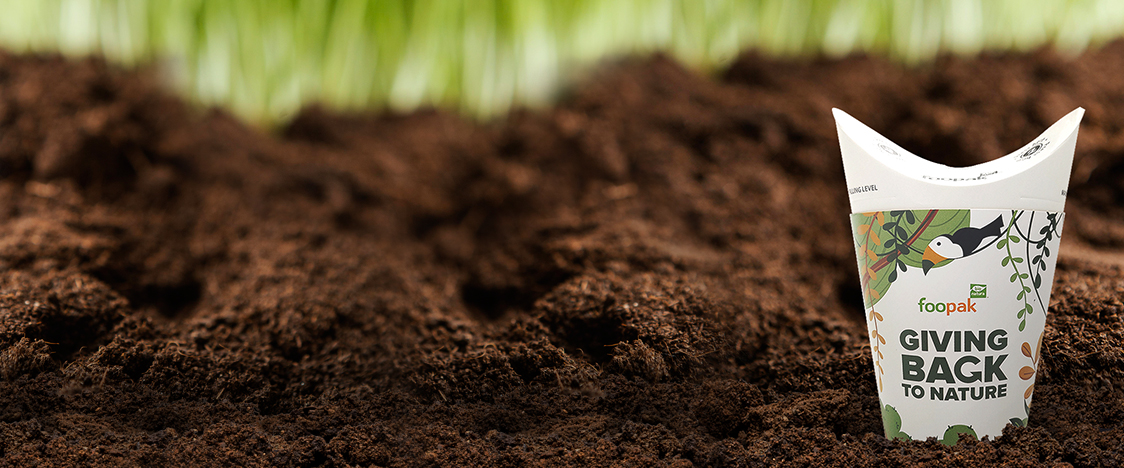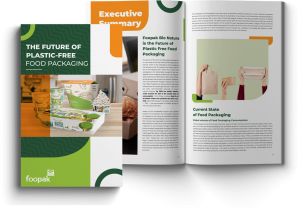
We understand that the current condition of the earth today has become worse, cities around the world produce up to 1.3 billion tons of plastic waste each year. According to World Bank estimates, this number will increase to 2.2 billion tons by 2025. For more than 50 years, global plastic production and consumption have continued to increase. The study, published in the Journal Science, reveals that there are 24-34 million metric tons of plastic pollution entering the marine environment every year. That’s about 11% of the total plastic waste in the world, this results in very serious environmental problems for us.
The figures confirm the trend in plastic waste volume in recent years, as the global plastic waste data from Statista reported. Global plastic product usage worldwide is estimated at 367 million tons in 2020. It is estimated that production in 2020 decreased by roughly 0.3 percent due to the COVID-19’s impacts on the industry. However, this is still very concerning.
Plastic is one of the greatest inventions of the century by humans, and it has helped the world’s development in this era. However, some of the design and usage of plastic has created a habit of disposable and ease of use. And here comes the single-use plastic. Because of its well-known durability and resistance to weather and climate, it is very difficult for plastic to degrade. More importantly, the plastic will only disintegrate into small pieces that we call microplastic. And scientifically proven it’s very dangerous to human health.
That’s why we focus on technology to create an environmentally friendly paper that is plastic-free, recyclable, compostable, biodegradable for food and beverage packaging, Foopak Bio Natura is an innovative packaging paper from APP Sinar Mas which has the ability to be composted either through industrial composting facilities or through the home composting method. The steps to make home compost with Foopak Bio Natura, as follows:
The materials and equipment needed to make compost are:
- Unused paper products, such as paper cups & lunch boxes made from Foopak Bio Natura material
- Dry leaves
- Organic household waste
- Soil
- Water
- Container
The following are the steps on how to make compost:
- Tear the used paperboard so that it becomes small pieces of paperboard (2-4cm) and wet the paperboard with water
- Prepare a compost container, then put the organic material, scrap paperboard, dry leaves, and soil into the container
- Mix all ingredients in the container like scraps of paperboard, soil, dry leaves, and organic household waste
- Stir the ingredients until evenly mixed
- Cover the container with a tarp for quick composting
- Let the mixture sit for four weeks or more. With a note that the compost mixture is turned over once a week. The pile above is cultivated at the bottom and vice versa, to speed up the process of decay
After four weeks or more, remove the compost from the container and sift the compost before use. When people do a lot of paper composting like this, it will help to reduce waste paperboard and get compost as a benefit.
The benefits of compost for plants and the environment are reducing the amount of organic waste, increase soil microbial activity, improve soil structure and quality, increase soil fertility, and most importantly is environmentally friendly.
We can make compost from home with simple tools and materials that are in the house, it’s time we keep this earth green. We can do it in various ways that one of them we can do is make compost. There are so many benefits that come from compost, therefore let’s try to make compost for the world to be more environmentally friendly.
Note: food packaging, compostable, compostable paper, eco-friendly food packaging, Green packaging, paper board packaging

